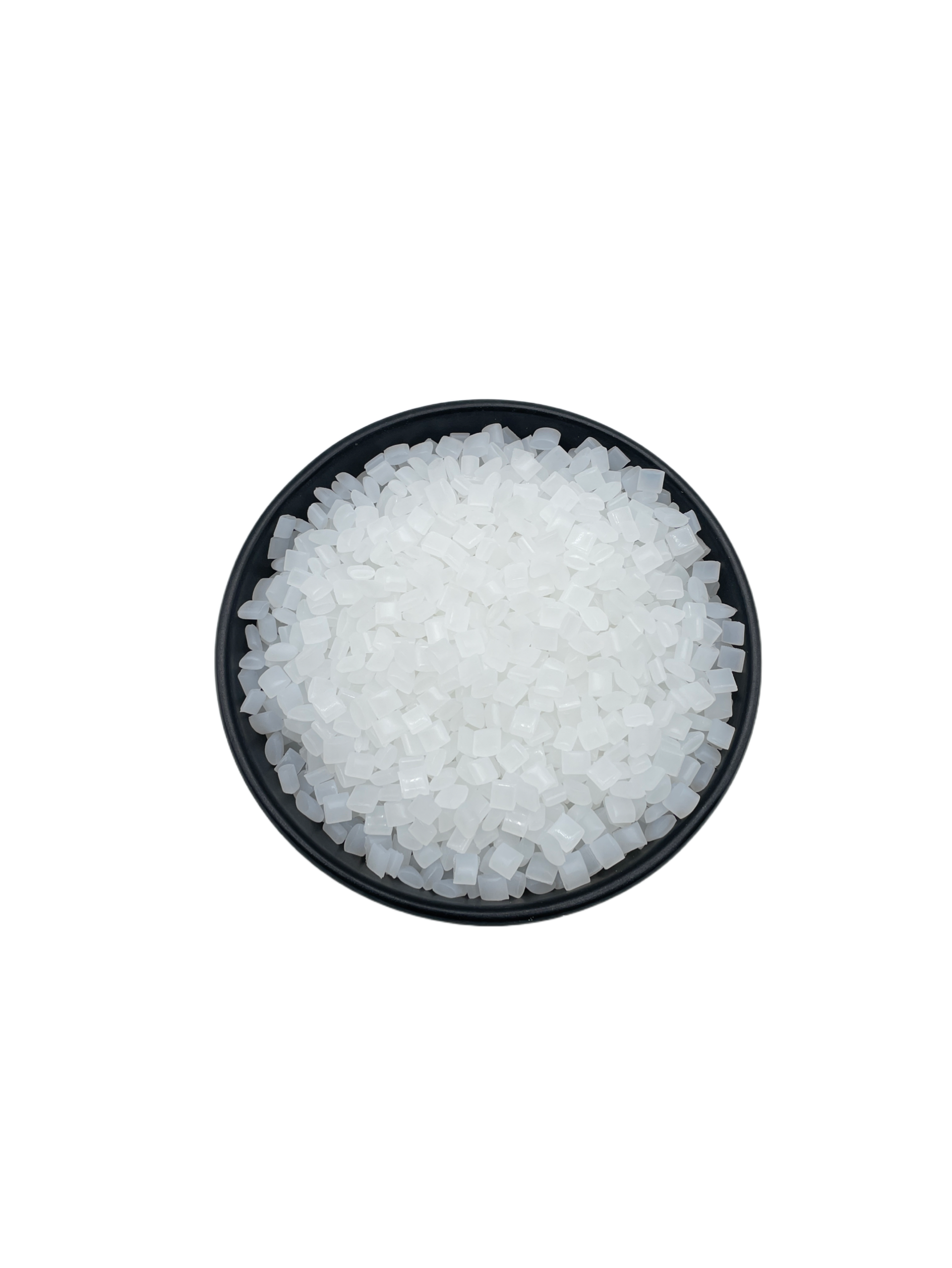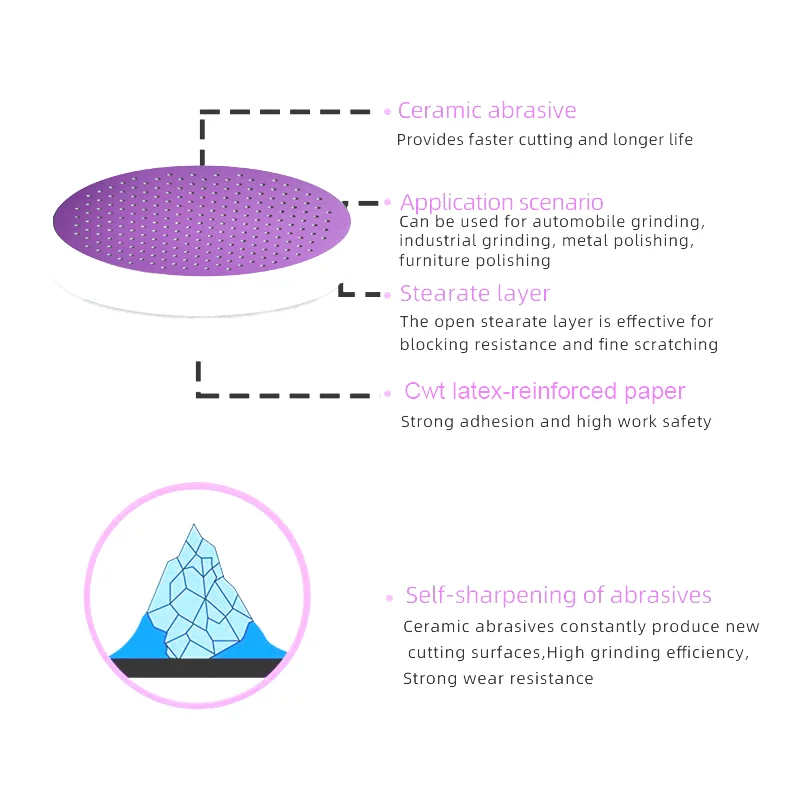In recent years, the quest for effective natural remedies for hair loss has gained significant traction. Among the myriad of options available, rosemary oil has emerged as a popular contender. This aromatic herb, traditionally used in culinary applications and herbal medicine, is now being scrutinized for its potential benefits in promoting hair growth. But does rosemary oil truly help hair growth? Let’s delve into the science behind this essential oil and explore its efficacy, mechanisms, and practical applications.
The Science Behind Rosemary Oil
Rosemary oil, derived from the leaves of the Rosmarinus officinalis plant, is rich in antioxidants, anti-inflammatory compounds, and essential nutrients. These properties are believed to contribute to its potential benefits for hair health. A key component of rosemary oil is rosmarinic acid, which has been shown to possess anti-inflammatory and antimicrobial properties. These characteristics may help create a healthier scalp environment, potentially reducing hair loss caused by inflammation or infection.
Evidence Supporting Hair Growth
Several studies have investigated the effects of rosemary oil on hair growth. A notable study published in 2015 in the journal Skinmed compared the efficacy of rosemary oil to minoxidil, a common topical treatment for androgenetic alopecia. The results indicated that both treatments led to significant hair growth after six months, with rosemary oil showing comparable results to minoxidil, but with fewer side effects. This suggests that rosemary oil may be a viable alternative for individuals seeking natural solutions for hair loss.
Mechanisms of Action
The mechanisms through which rosemary oil may promote hair growth are multifaceted:
- Improved Circulation: Rosemary oil is known to stimulate blood circulation when massaged into the scalp. Enhanced blood flow can deliver more nutrients and oxygen to hair follicles, promoting healthier hair growth.
- DHT Reduction: Dihydrotestosterone (DHT) is a hormone linked to hair loss, particularly in androgenetic alopecia. Some studies suggest that rosemary oil may inhibit the production of DHT, thereby reducing its impact on hair follicles.
- Antioxidant Properties: The antioxidants in rosemary oil can combat oxidative stress, which is known to contribute to hair loss. By neutralizing free radicals, rosemary oil may help protect hair follicles from damage.
- Anti-inflammatory Effects: Chronic inflammation can hinder hair growth. The anti-inflammatory properties of rosemary oil may help soothe the scalp and create a more favorable environment for hair growth.
Practical Applications
For those interested in incorporating rosemary oil into their hair care routine, there are several practical applications:
- Dilution and Application: Essential oils should always be diluted before application. Mix a few drops of rosemary oil with a carrier oil, such as coconut or jojoba oil, and massage it into the scalp. This not only enhances absorption but also provides additional nourishment to the hair.
- Shampoo and Conditioner: Consider adding rosemary oil to your regular shampoo or conditioner. A few drops mixed into your hair products can provide ongoing benefits with each wash.
- Scalp Treatments: For a more intensive treatment, create a scalp mask by combining rosemary oil with other beneficial ingredients like aloe vera or honey. Apply it to the scalp and leave it on for 30 minutes before rinsing.
Conclusion
While more extensive research is needed to fully understand the effects of rosemary oil on hair growth, existing studies and anecdotal evidence suggest that it may be a promising natural remedy. Its ability to improve circulation, reduce inflammation, and potentially inhibit DHT makes it an attractive option for those seeking to enhance their hair health. As with any treatment, individual results may vary, and it’s advisable to consult with a healthcare professional before starting any new regimen, especially for those with underlying health conditions or sensitivities.








+ There are no comments
Add yours